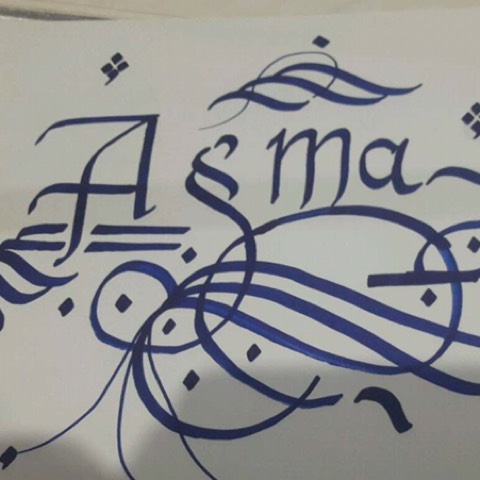El uso de "who" y "whom"
The use of "who" & "whom"
(English
translation for natives at the bottom) La mayoría de los nativos del inglés no sabe usar "whom" y en su lugar solo dicen "who" aunque sea incorrecto. En general, las personas que usan "whom" correctamente son percibidas como muy educadas o de clase alta por los que solo dicen "who".
Ambas palabras significan "quién" o "quien" dependiendo del contexto. "Who" solo es "quién/quien" en general, y es la forma más común. "Whom" es un pronombre de objeto directo (como palabras así: me, le, te, mí, tí, nos, etc). A decir, se usa "whom" para hablar de una acción que pasa al "quien".
La diferencia entre "who" y "whom" es la misma diferencia entre "yo" y "mí/me".
Ejemplos (con traduciones más o menos literales):
- "Who is he?" (¿Quién es?)
- "Whom are you speaking to?" (¿A quién le hablas?)
- "Whom are the gifts for?" (Para quién son los regalos?)
English explanation:
"Whom" is the same as "who" in every respect except that it's a direct object pronoun, meaning that the difference between "who" and "whom" is the same difference between "he" and "him." It's incorrect to say "Who are you talking to?" because it's incorrect to reply "I'm talking to he." That's really all it is.
Download the HelloTalk app to join the conversation.
 Download
Download














